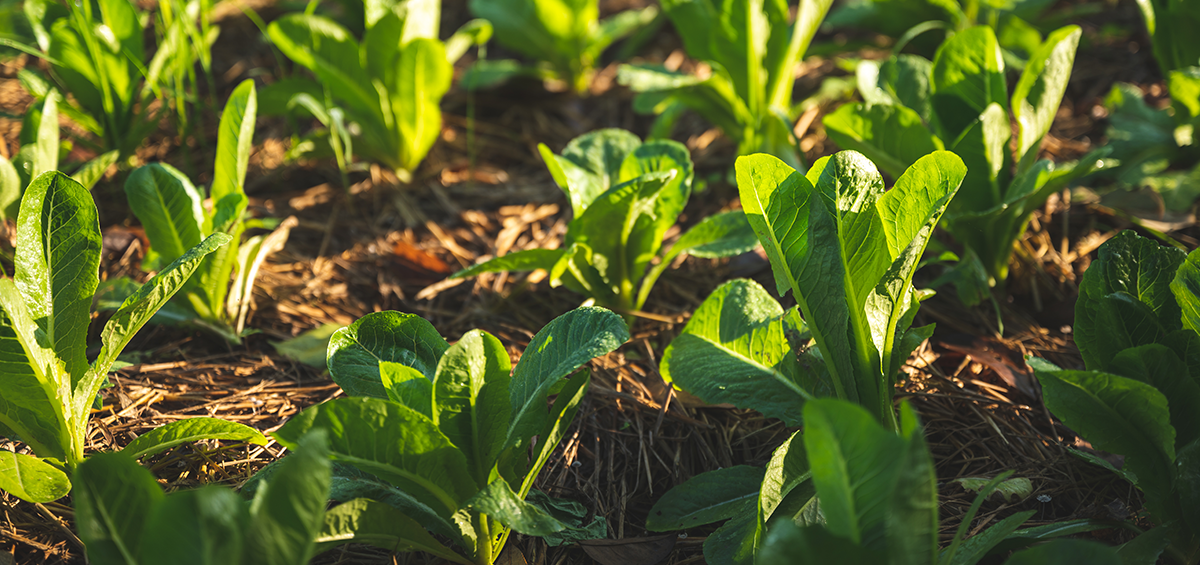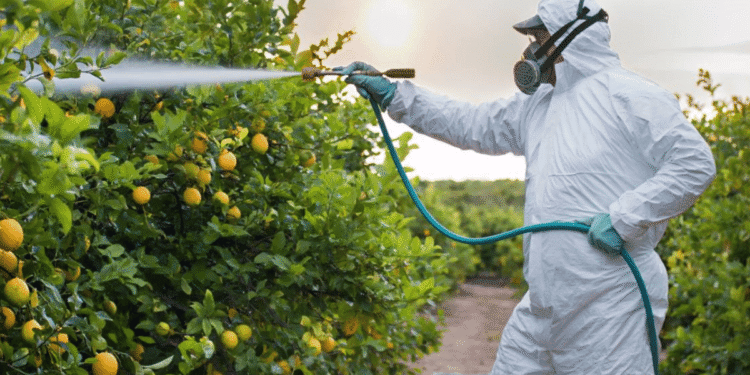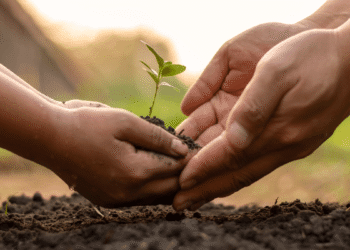This article focuses on the best practices for managing pests and diseases in crops. It covers both organic and conventional methods, with an emphasis on sustainable practices that reduce the use of chemicals and promote environmental health.
Pests and diseases are a significant challenge for farmers, as they can cause substantial damage to crops and reduce yields. While chemical pesticides and herbicides are often used to control pests and diseases, they can have negative impacts on human health and the environment.
In recent years, there has been growing interest in alternative methods of pest and disease management, including organic farming and integrated pest management. In this article, we will explore some of the best practices for managing pests and diseases in crops, including both organic and conventional methods.
Prevention:
One of the best ways to manage pests and diseases in crops is to prevent them from occurring in the first place.

This can be achieved through a variety of practices, including crop rotation, sanitation, and the use of disease-resistant crops. Crop rotation involves planting different crops in different fields each year, which can help to disrupt the life cycle of pests and diseases.
Sanitation practices, such as removing plant debris and cleaning equipment, can help to reduce the spread of diseases. Using disease-resistant crops, which are genetically bred to resist certain pests and diseases, can also be an effective prevention strategy.
Monitoring:
Regular monitoring of crops is essential for the early detection of pests and diseases. This can involve visual inspections, traps, and other monitoring tools. By detecting problems early, farmers can take action before pests and diseases have a chance to spread and cause significant damage.
Integrated pest management is a strategy that involves monitoring crops regularly and using a combination of prevention, cultural control, and chemical control methods as needed.
Cultural Control:
Cultural control methods are practices that can help to reduce pest and disease pressure through changes in farming practices. This can include practices such as intercropping, companion planting, and crop diversity. Intercropping involves planting different crops in the same field to promote diversity and reduce pest and disease pressure.
Companion planting involves planting crops together that have a beneficial relationship, such as planting beans and corn together to improve soil health. Crop diversity involves planting a variety of crops, which can help to reduce pest and disease pressure by creating a more complex ecosystem.
Chemical Control:
Chemical control methods involve the use of pesticides and herbicides to control pests and diseases. While these methods can be effective, they can also have negative impacts on human health and the environment.
Organic farming practices aim to reduce the use of chemicals and promote more sustainable methods of pest and disease management. Organic farmers use a variety of practices, including crop rotation, cover crops, and biological control, to manage pests and diseases without the use of synthetic chemicals.
Biological Control:
Biological control methods involve the use of natural enemies, such as predators, parasites, and pathogens, to control pests and diseases. This can include practices such as releasing beneficial insects, such as ladybugs or parasitic wasps, to control pest populations.
Biological control methods can be an effective and sustainable alternative to chemical pesticides, as they can help to reduce pest and disease pressure without negative impacts on the environment.
Integrated Pest Management:
Integrated pest management is a holistic approach to pest and disease management that combines multiple methods, including prevention, cultural control, chemical control, and biological control.
This approach aims to reduce the use of synthetic chemicals and promote more sustainable methods of pest and disease management.
Integrated pest management involves regular monitoring of crops, identifying pest and disease problems early, and using a combination of methods as needed to control pest and disease pressure.
Organic vs. Conventional Methods:

Organic farming practices and conventional farming practices differ in their approach to pest and disease management. Organic farming practices prioritize the use of sustainable, non-chemical methods to control pest and disease pressure, while conventional farming practices often rely heavily on chemical pesticides and herbicides.
However, both organic and conventional farmers can benefit from adopting integrated pest management strategies and other sustainable practices to reduce the use of chemicals and promote environmental health.
Organic Methods:
Organic farmers use a variety of practices to manage pests and diseases without the use of synthetic chemicals. These practices can include crop rotation, cover crops, composting, and the use of beneficial insects. In organic farming, prevention is often emphasized as the first line of defense against pests and diseases, with chemical control methods used only as a last resort.
Conventional Methods:
Conventional farmers often rely heavily on chemical pesticides and herbicides to control pests and diseases. While these methods can be effective, they can also have negative impacts on human health and the environment. In recent years, there has been growing interested in more sustainable methods of pest and disease management, including integrated pest management and precision agriculture.
Precision Agriculture:
Precision agriculture is an approach to farming that uses technology, data, and analysis to optimize crop production and reduce the use of inputs, including pesticides and herbicides. This approach involves collecting data on soil conditions, weather patterns, and other factors that affect crop growth and using that data to make informed decisions about planting, fertilizing, and pest and disease management.
Conclusion
Managing pests and diseases in crops is a significant challenge for farmers, but there are many effective strategies available for controlling pest and disease pressure while promoting sustainable agriculture.
By adopting integrated pest management strategies and other sustainable practices, farmers can reduce the use of chemicals and promote environmental health, while still achieving high yields and profitability.
Both organic and conventional farmers can benefit from these practices, as they can help to reduce pest and disease pressure and promote sustainable agriculture for years to come.









